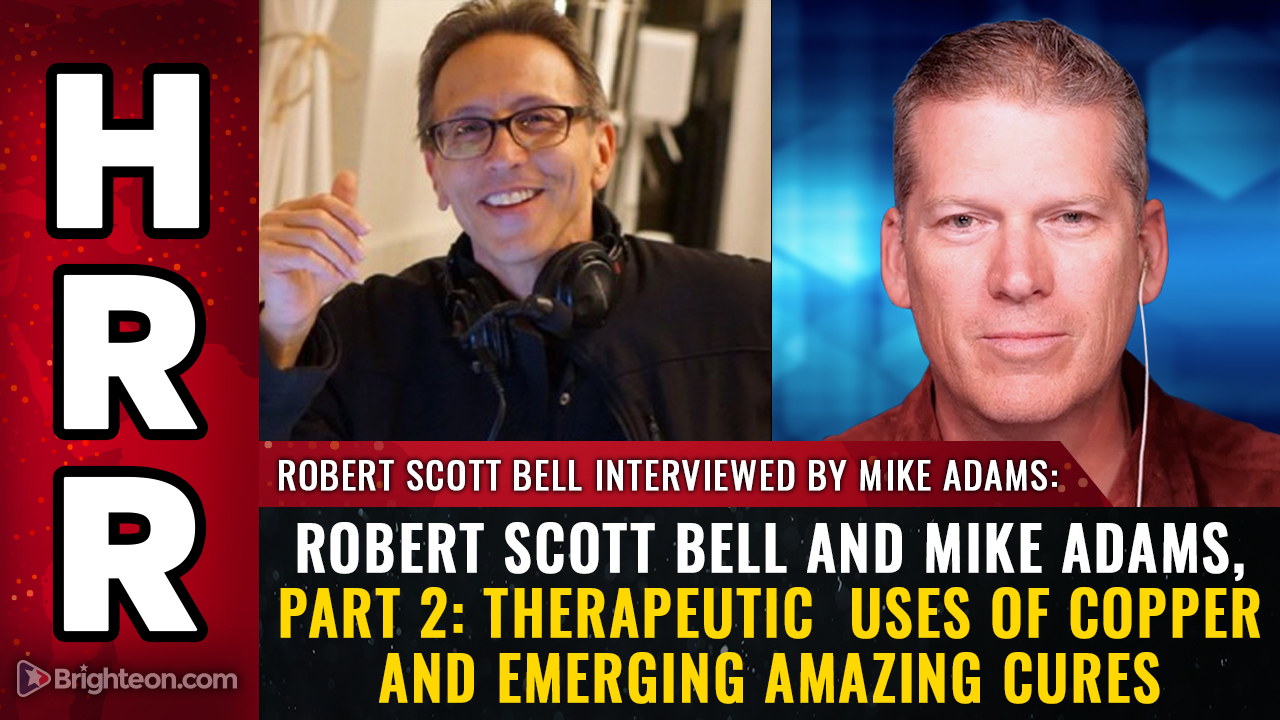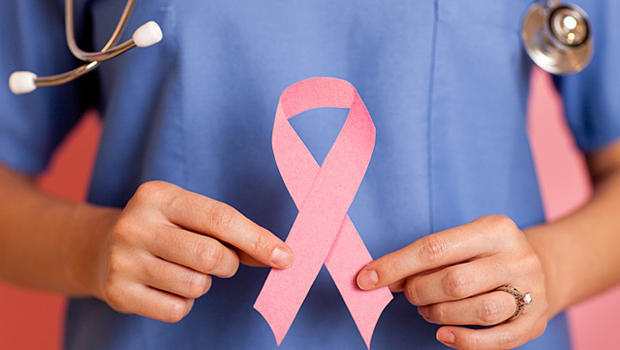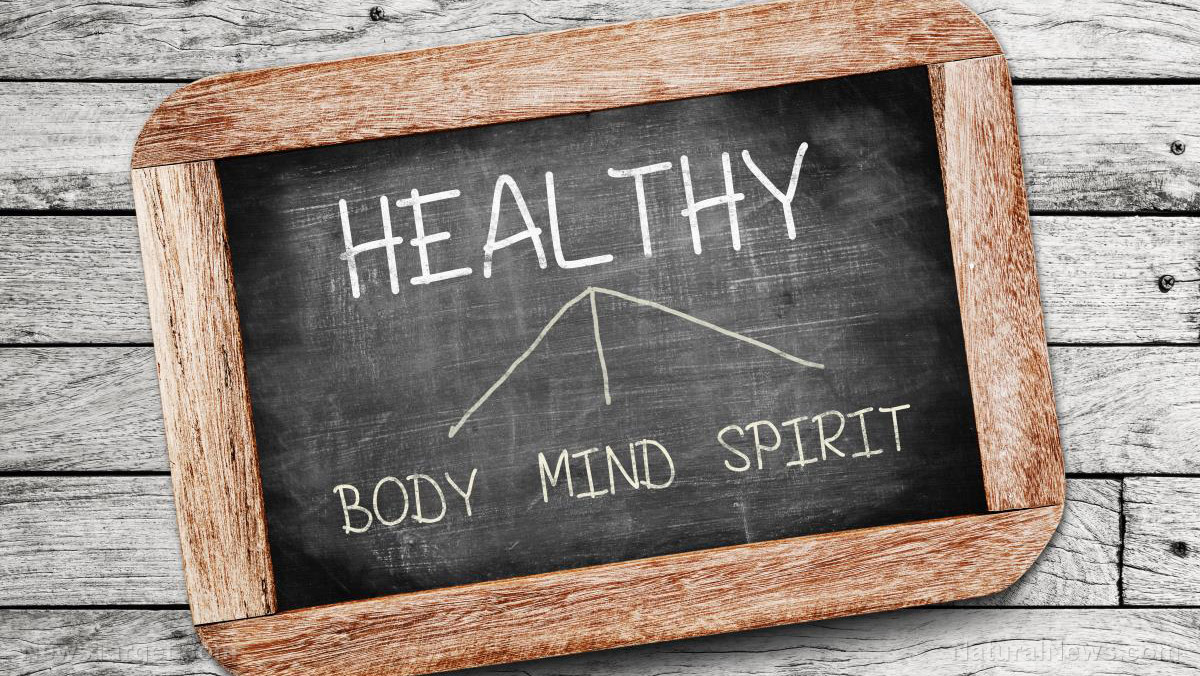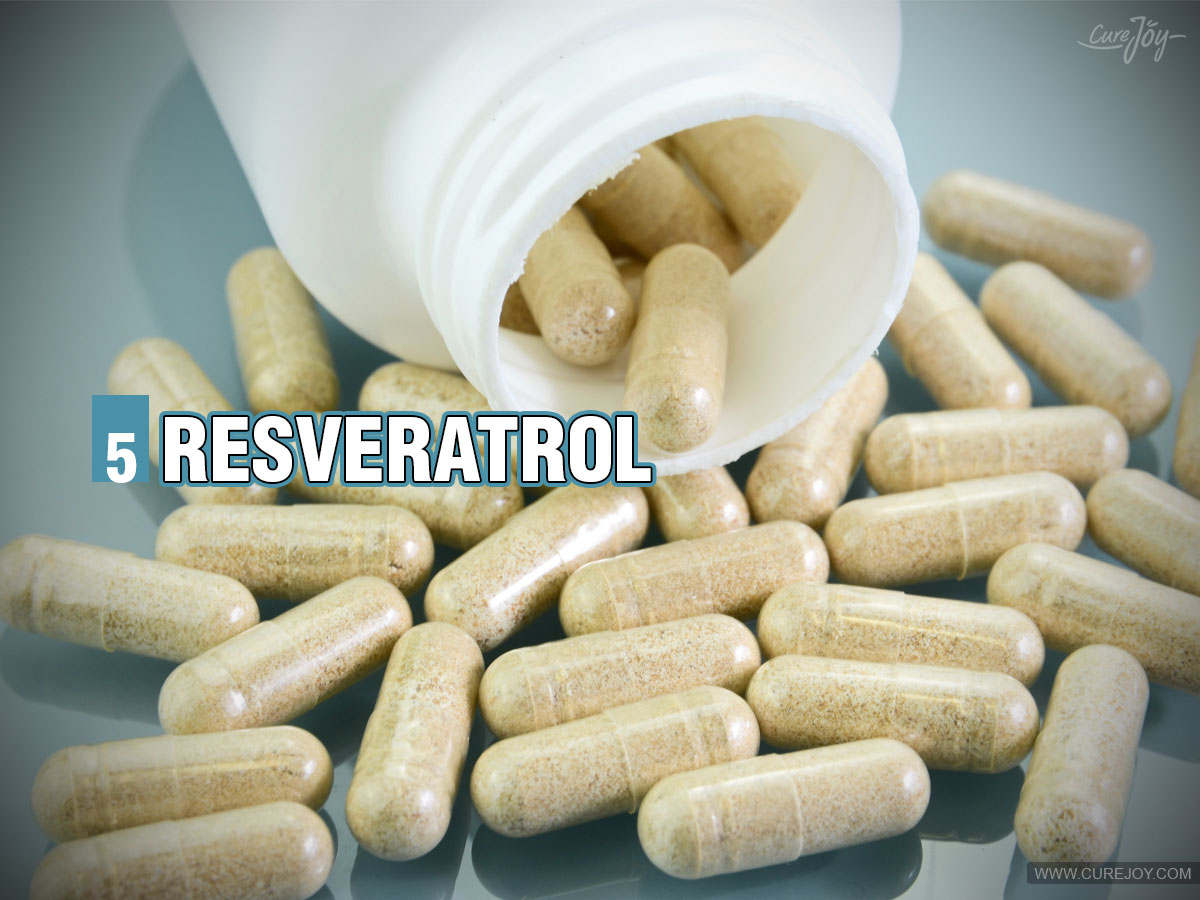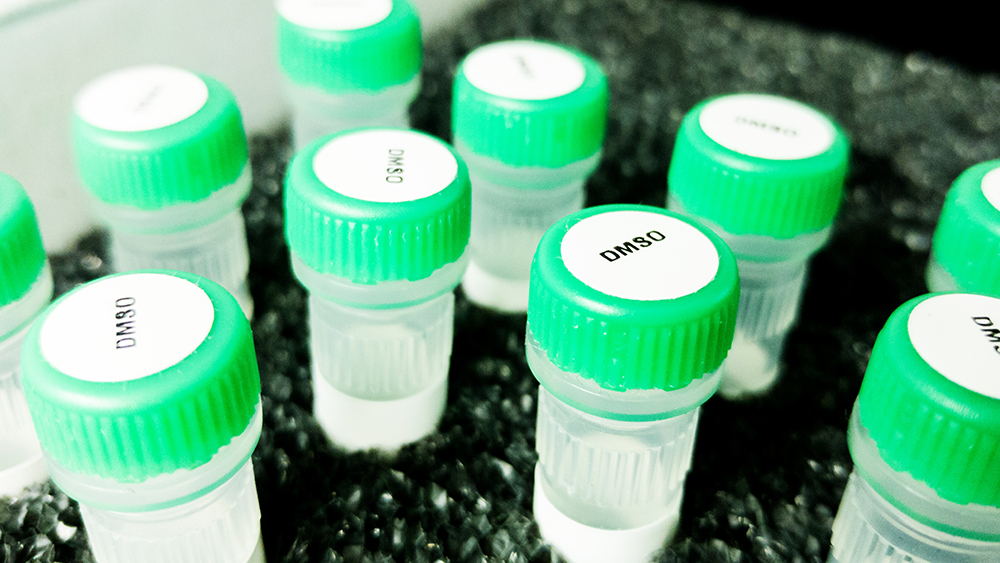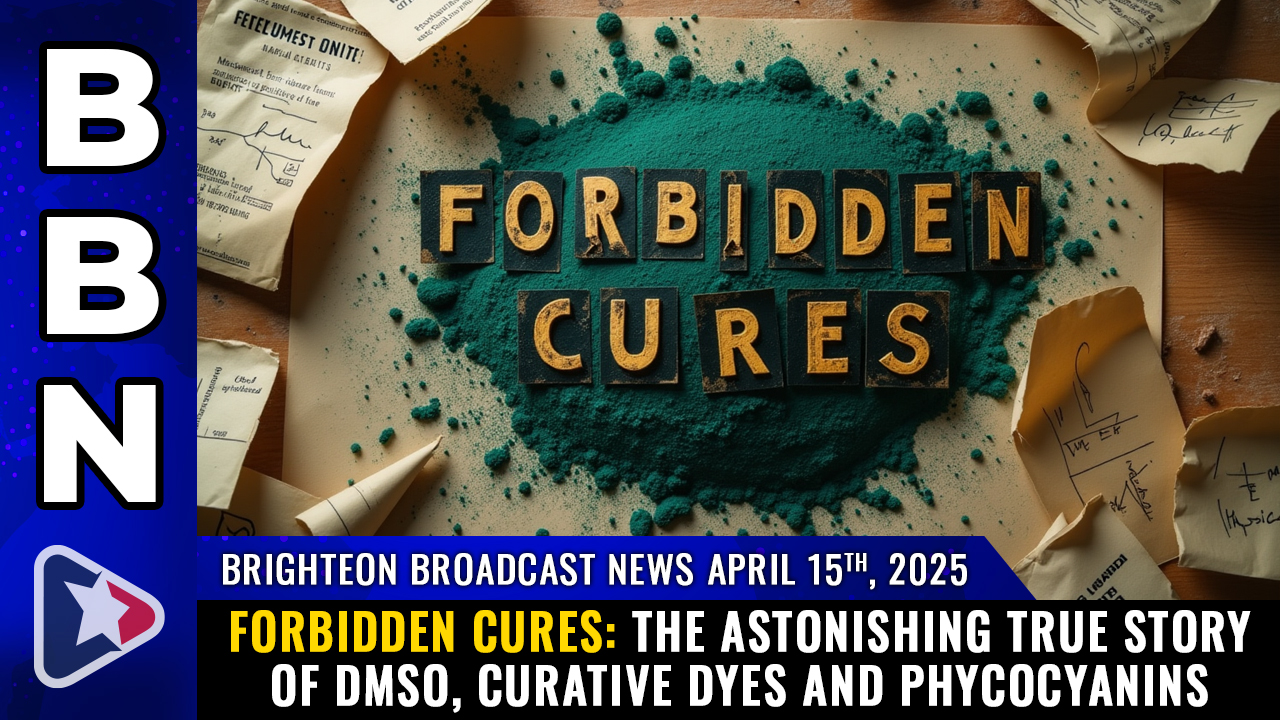Big Pharma’s blind spot: vitamin D slashes colon cancer risk—so why isn’t it front-page news?
04/25/2025 / By Lance D Johnson

In a world where cancer prevention strategies often hinge on expensive drugs and invasive screenings, a simple, dirt-cheap remedy has been hiding in plain sight: vitamin D. A sweeping Cornell University meta-analysis of 50 studies and 1.3 million participants reaffirms what independent researchers have argued for decades—higher vitamin D levels slash colorectal cancer risk by up to 58%. Yet, despite a 42% deficiency rate in the U.S., public health agencies remain sluggish in promoting testing or supplementation. The question isn’t just about science—it’s about who benefits from the silence.
Key points:
- Decades of research show a 39-58% lower risk of colorectal cancer among those with sufficient vitamin D levels, yet public health guidelines remain silent.
- Nearly 80% of adults have inadequate vitamin D, a deficiency linked to higher cancer rates, yet screening is rarely emphasized.
- Industry silence? A Cornell-led meta-analysis of 1.3 million people confirms vitamin D’s protective effects—but major health organizations avoid aggressive recommendations.
- Historical parallels: Like the tobacco industry’s denial of lung cancer links, corporate medicine may be ignoring cheap, effective prevention in favor of costly late-stage treatments.
The meta-analysis found consistent evidence:
- Colorectal cancer risk dropped 39% for those with higher serum vitamin D (?81 nmol/L).
- Breast cancer risk plummeted 50% in women with levels of 130 nmol/L.
- Supplements reduced precancerous polyps by 43% in a Canadian trial.
But here’s the catch: only 20% of Americans hit “sufficient” levels (?30 ng/mL). Why? Vitamin D can’t be patented. Unlike blockbuster drugs, it’s a $10/year fix—no billion-dollar margins for Big Pharma. Even the U.S. Preventive Services Task Force, which dictates screening guidelines, doesn’t recommend routine vitamin D testing. Meanwhile, colonoscopies—costing $3,000+ per procedure—are pushed aggressively. Convenient for insurers and hospitals; catastrophic for patients catching cancer too ate.
Actionable steps proven to work:
Test your levels—Ask for a 25(OH)D blood test.
Supplement smartly—2,000–5,000 IU/day of D3 (not D2).
Sun exposure—30 – 45 min daily (without sunscreen).
A decades-long fight: from 1980s findings to the modern crackdown
In the 1980s, brothers Cedric and Frank Garland published groundbreaking work linking colon cancer rates to sunlight exposure, noting that inhabitants of sun-starved regions faced higher mortality. Their findings were met with polite pushback—cancer, after all, was framed as a genetic inevitability.
Fast-forward 40 years: the Garland brothers’ successors are proving their theories correct, yet the medical establishment still lags. Today’s deficiencies—80% of Americans below safe vitamin D thresholds—mirror the era’s rickets epidemic, a disease eradicated in rich nations… only to resurface as an overlooked risk factor for cancer, osteoporosis, and immune disorders.
The parallel is haunting. Just as 19th-century physicians dismissed sunlight as a treatment for rickets, today’s gatekeepers downplay vitamin D’s role in cancer prevention. A 2020 meta-analysis even conflicted with older findings, arguing weak evidence—a stance critics call a “game of statistical semantics to divert funding from nutrients to pharmaceuticals.”
Diet related behavior predicts colon cancer risk
In the study, “Association between Diet-related Behaviour and Risk of Colorectal Cancer: A Scoping Review,” diet related behaviors foretold colon cancer risk.
- Unhealthy diet-related behaviors, such as consuming red meat cooked at high temperatures or choosing high-sugar snacks, increase colorectal cancer (CRC) risk, per a scoping review of 25 studies.
- Vitamin D and calcium-rich diets were inversely associated with CRC risk, with evidence suggesting a ~58% reduced risk in some studies—yet 80% of people are vitamin D-deficient.
- Cooking methods like grilling, barbecuing, and pan-frying red meat linked to carcinogen formation, while rare-cooked meats and whole grains offered protective effects.
- Over reliance on self-reported dietary tools like food frequency questionnaires (FFQs) may misrepresent true risks, as findings conflict on meal frequency and cancer ties.
- Vitamin D supplements and polyphenol-rich foods (green tea, fruit) were highlighted as mitigators—yet regulatory advice often ignores these dietary nuances.
Learn more about cancer prevention and natural health at VitaminD.News.
Sources include:
Submit a correction >>
Tagged Under:
Big Pharma, breast cancer, Clinical trials, Colorectal Cancer, corporate greed, drug industry, epidemiology, government negligence, health freedom, healthcare reform, medical corruption, medical fraud, nutrition science, Preventive Medicine, public health scandal, sunshine vitamin, suppressed research, vitamin D, vitamin D deficiency
This article may contain statements that reflect the opinion of the author
RECENT NEWS & ARTICLES
AntiCancer.News is a fact-based public education website published by AntiCancer News Features, LLC.
All content copyright © 2018 by AntiCancer News Features, LLC.
Contact Us with Tips or Corrections
All trademarks, registered trademarks and servicemarks mentioned on this site are the property of their respective owners.

